Disclaimer: This blog post is based on the provided transcript and aims to provide information and clarification on FCC certification related to amateur radio. It is not intended as legal advice. Always consult with the FCC or a legal professional for official interpretations.
The FCC ID Myth
There seems to be a lot of confusion surrounding FCC certification and its relevance to amateur radio equipment. Let's clear the air.
What is FCC certification? FCC certification is a process that ensures electronic devices comply with FCC regulations. It's primarily concerned with preventing harmful interference to other electronic devices, such as TVs and radios.
Does my amateur radio need FCC certification? No, your amateur radio does not require FCC certification. The FCC licenses you as an amateur radio operator (Part 97), not your equipment. It's your responsibility to ensure your station operates within the FCC rules.
The Rus R1 Case
The Rus R1 radio has been a subject of discussion due to discrepancies in its FCC ID and claimed certification.
- Misleading FCC ID: The radio's FCC ID indicates certification under Part 15 Subpart B, which relates to unintentional radiators (like computers and TVs), not amateur radio equipment (Part 97).
- Lack of rigorous testing: Many radios, including the Rus R1, appear to be pulled from large inventories without stringent quality control. This raises concerns about their performance and compliance with amateur radio regulations.
The Operator's Responsibility
It's crucial to understand that the onus is on the amateur radio operator to ensure their station complies with FCC regulations. This includes:
- Understanding Part 97: Familiarize yourself with the rules governing amateur radio operations.
- Proper equipment setup: Configure your station to minimize interference.
- Good engineering practices: Build and maintain your equipment responsibly.
Key Takeaways
- FCC certification under Part 15 Subpart B does not equate to approval for amateur radio use.
- Amateur radio operators are responsible for their station's compliance.
- Be cautious when purchasing radios from unknown sources. Verify their performance and compliance.
By understanding these points, you can operate your amateur radio station with confidence and respect for the regulations.
Do you have any questions about FCC certification or amateur radio regulations? Let us know in the comments below.

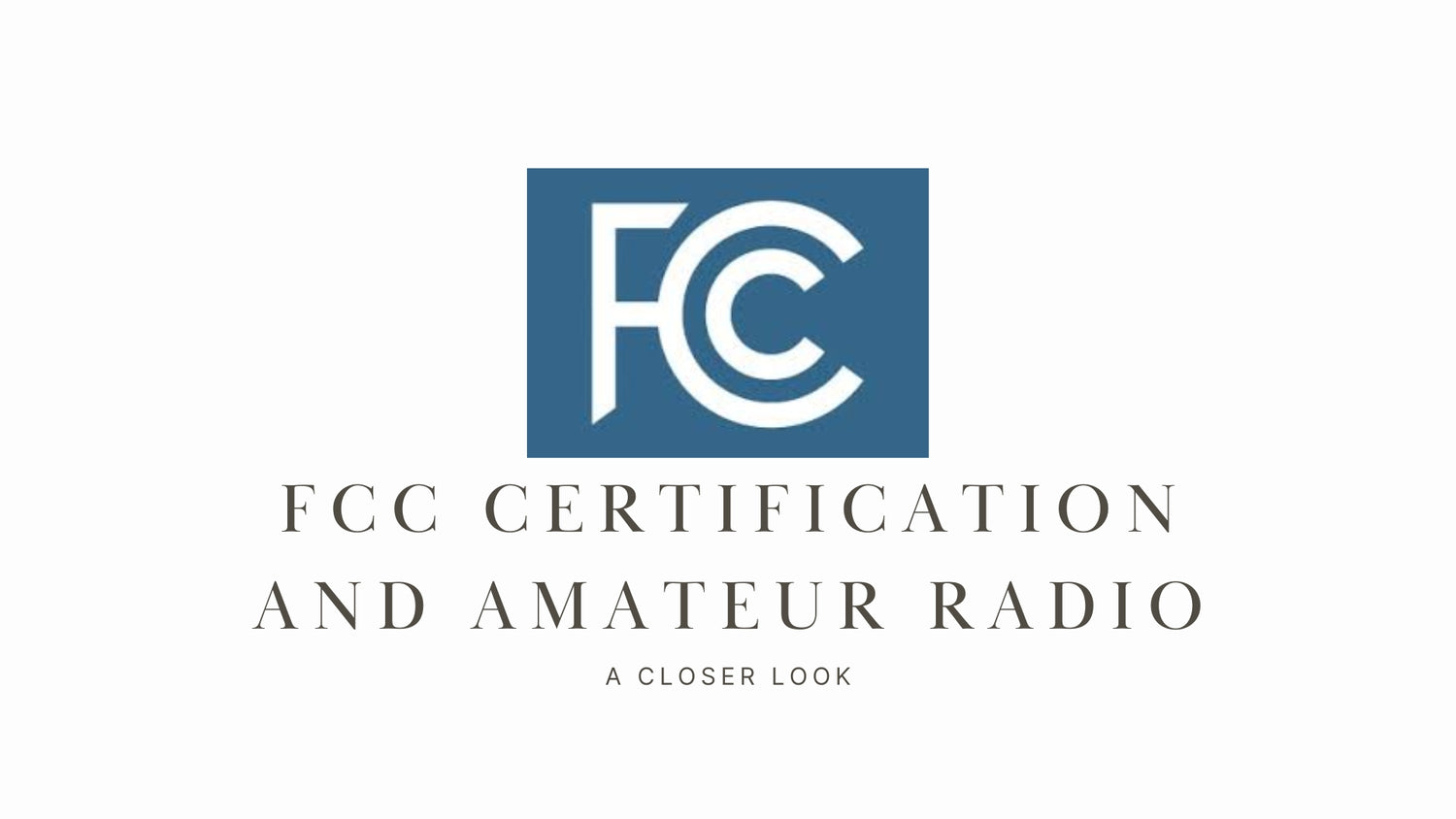
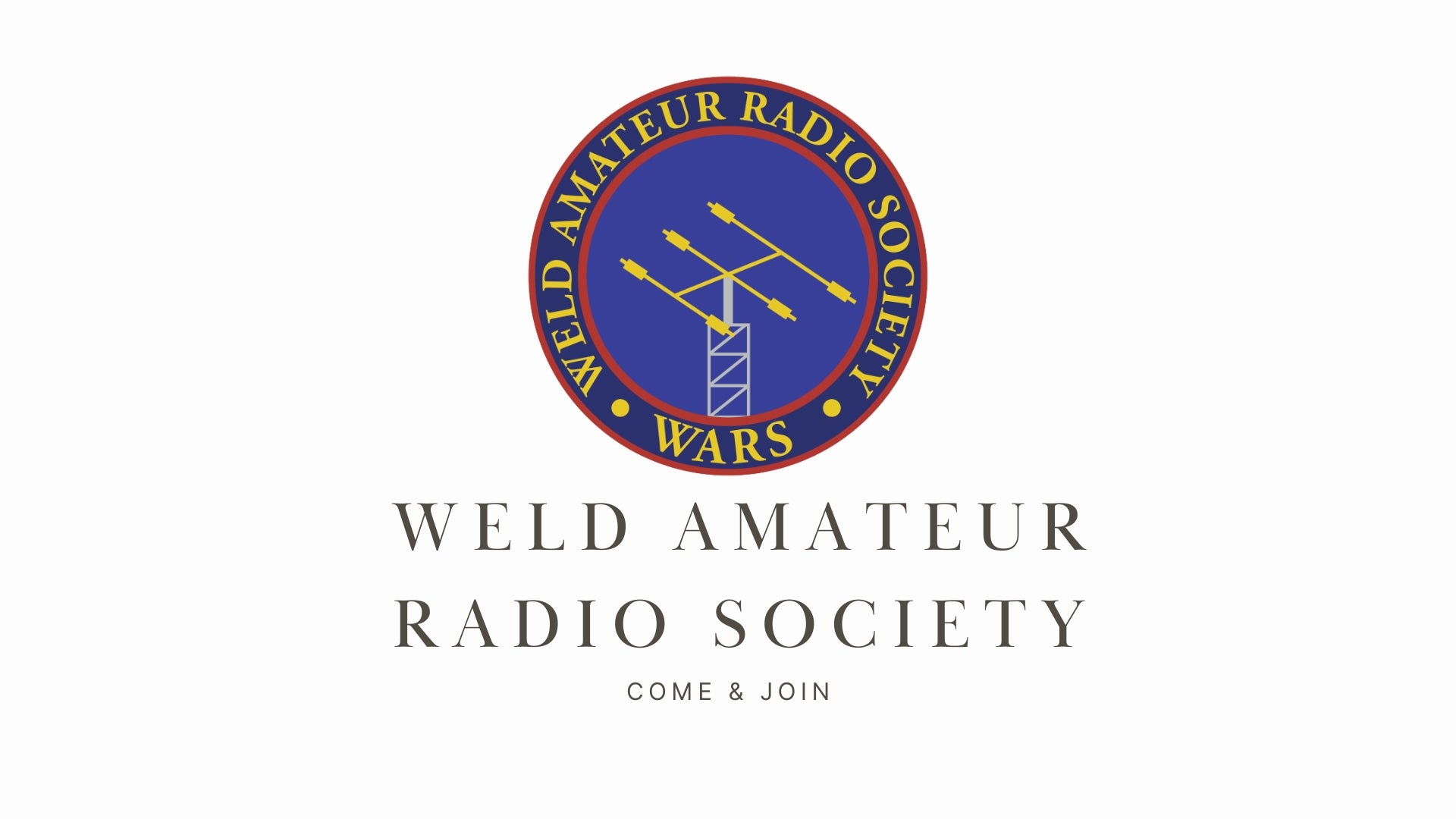
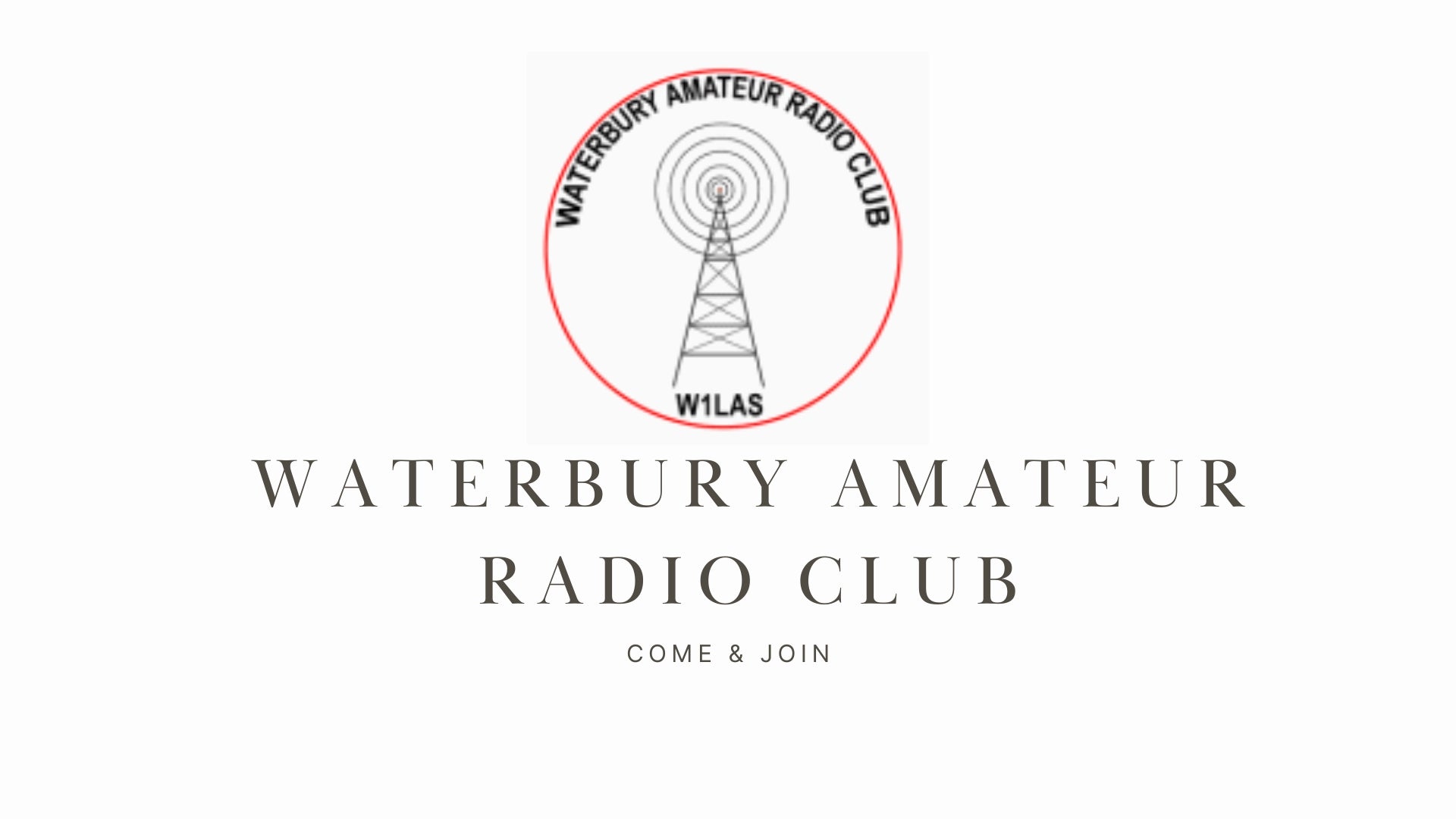
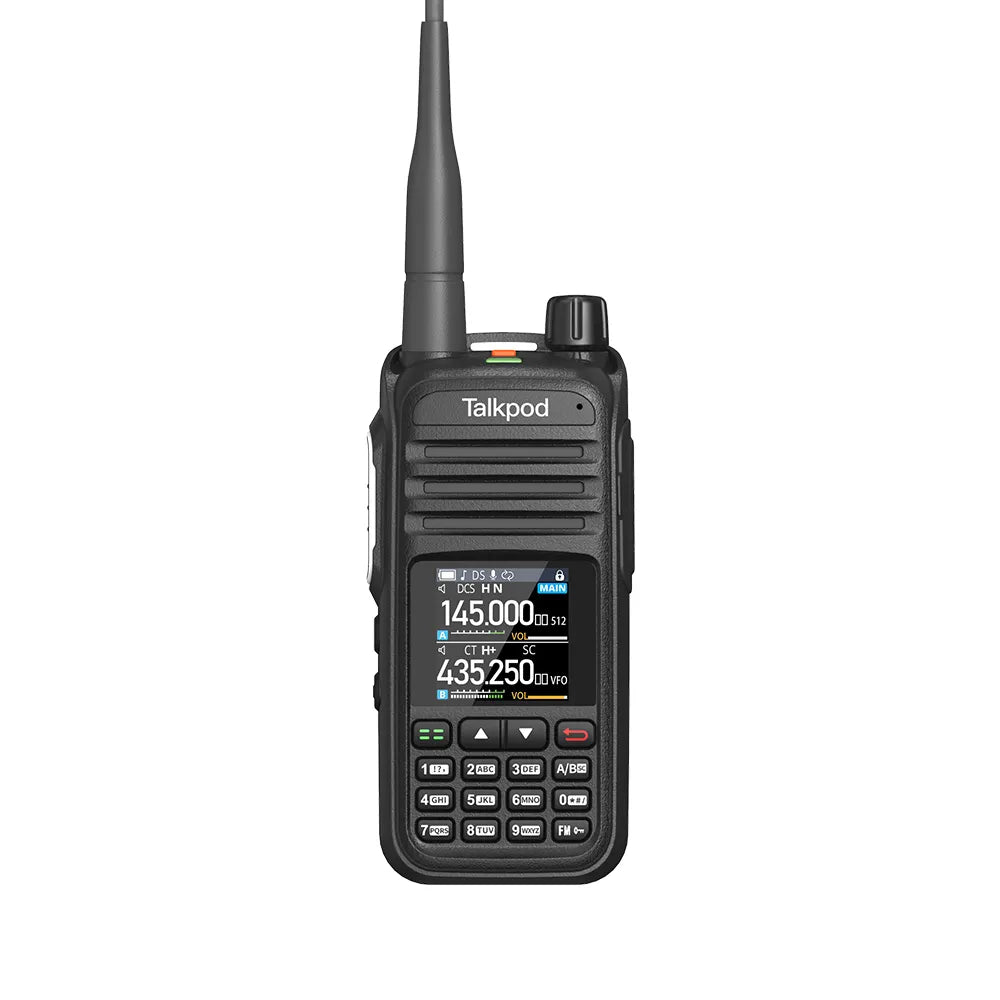
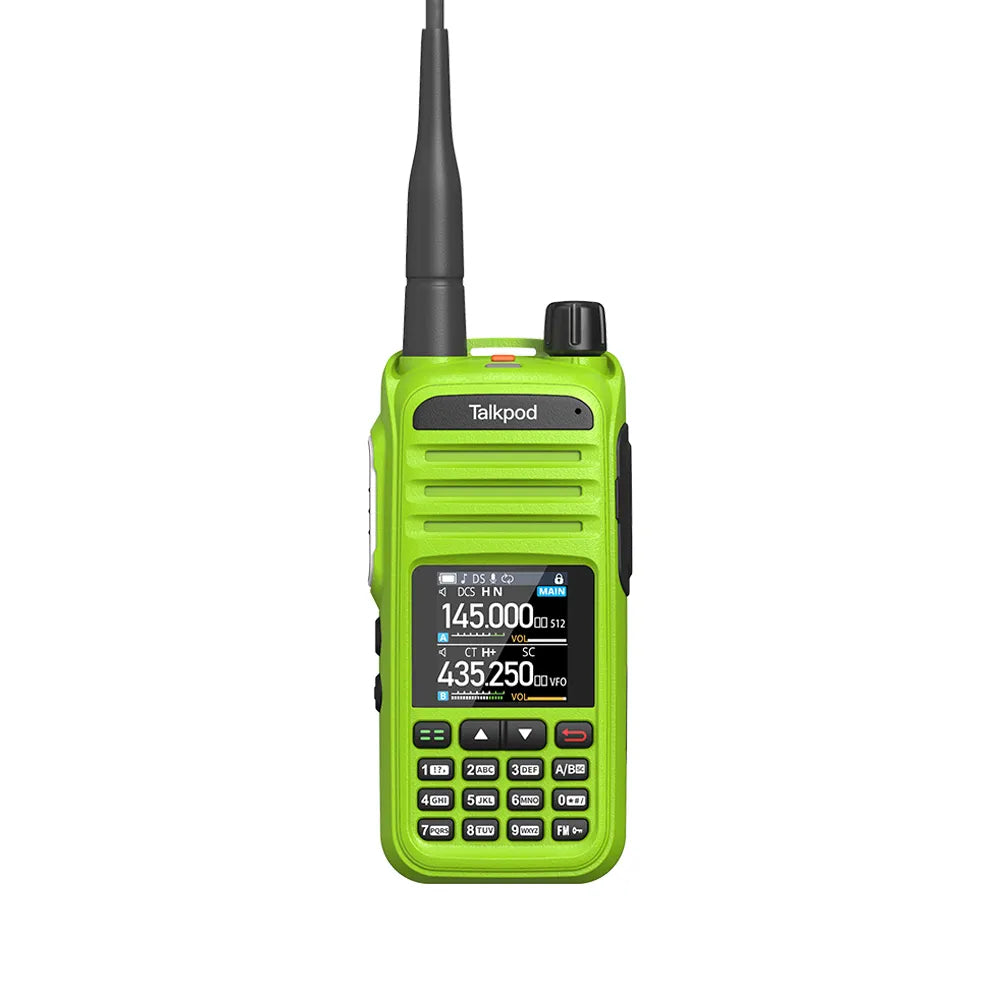
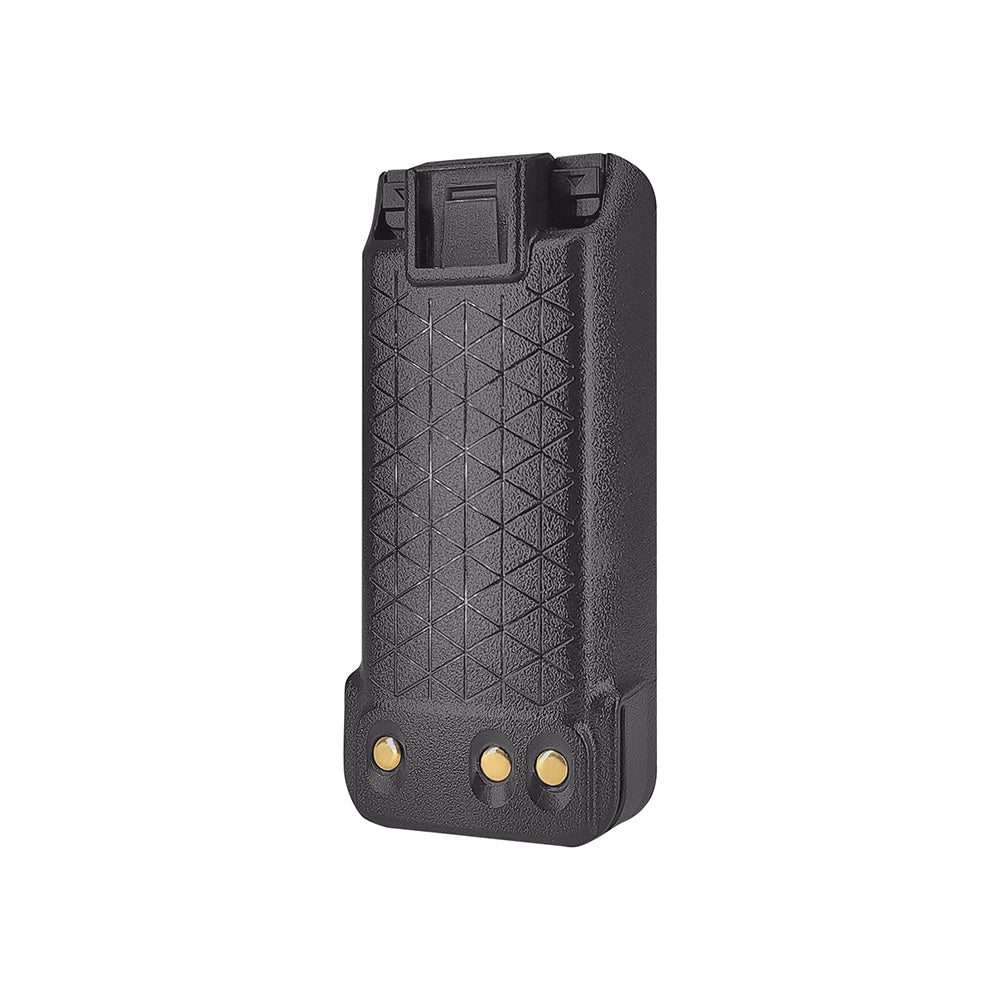
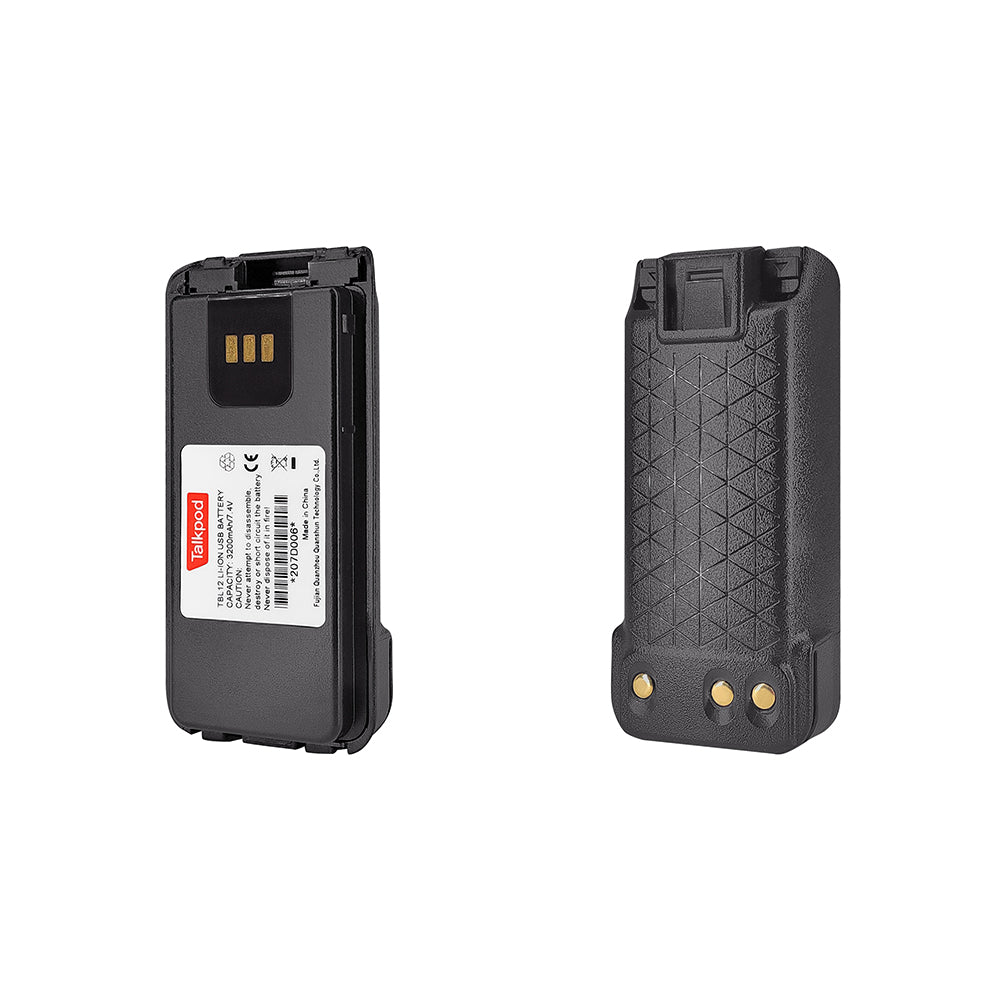
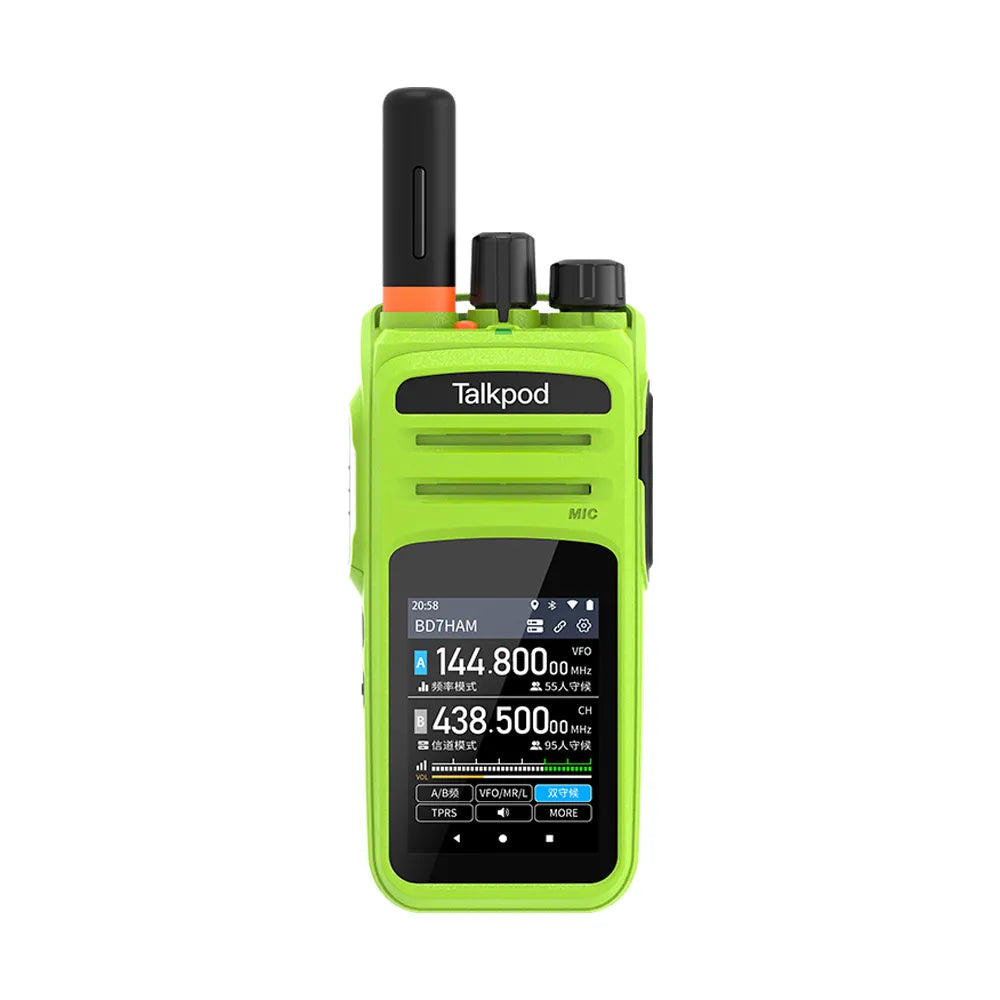
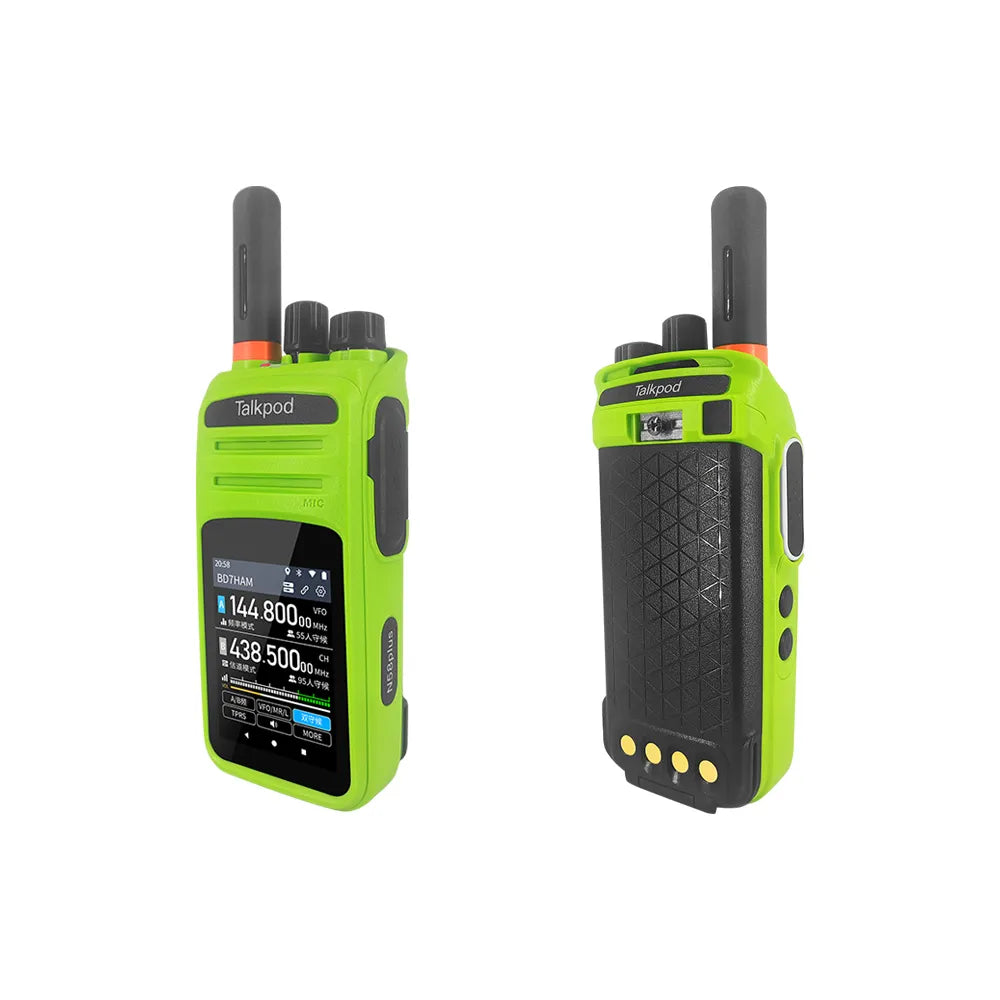
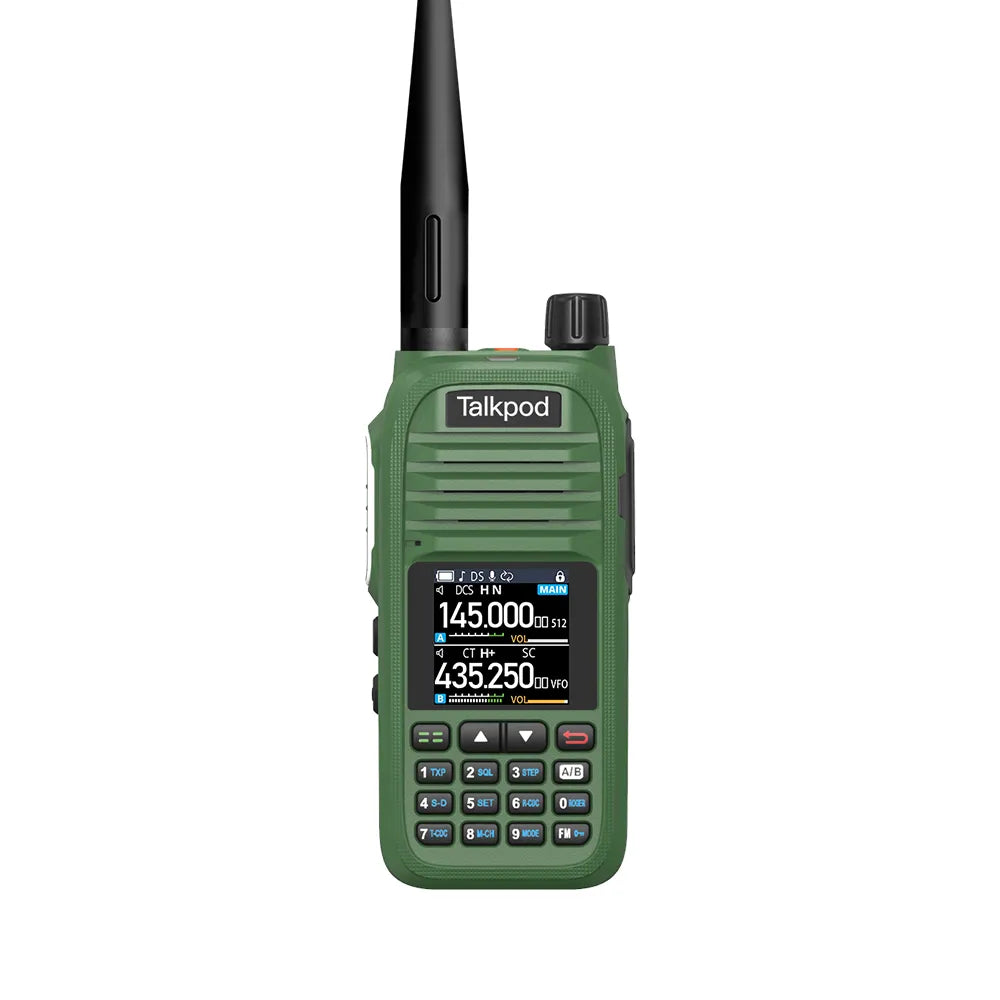
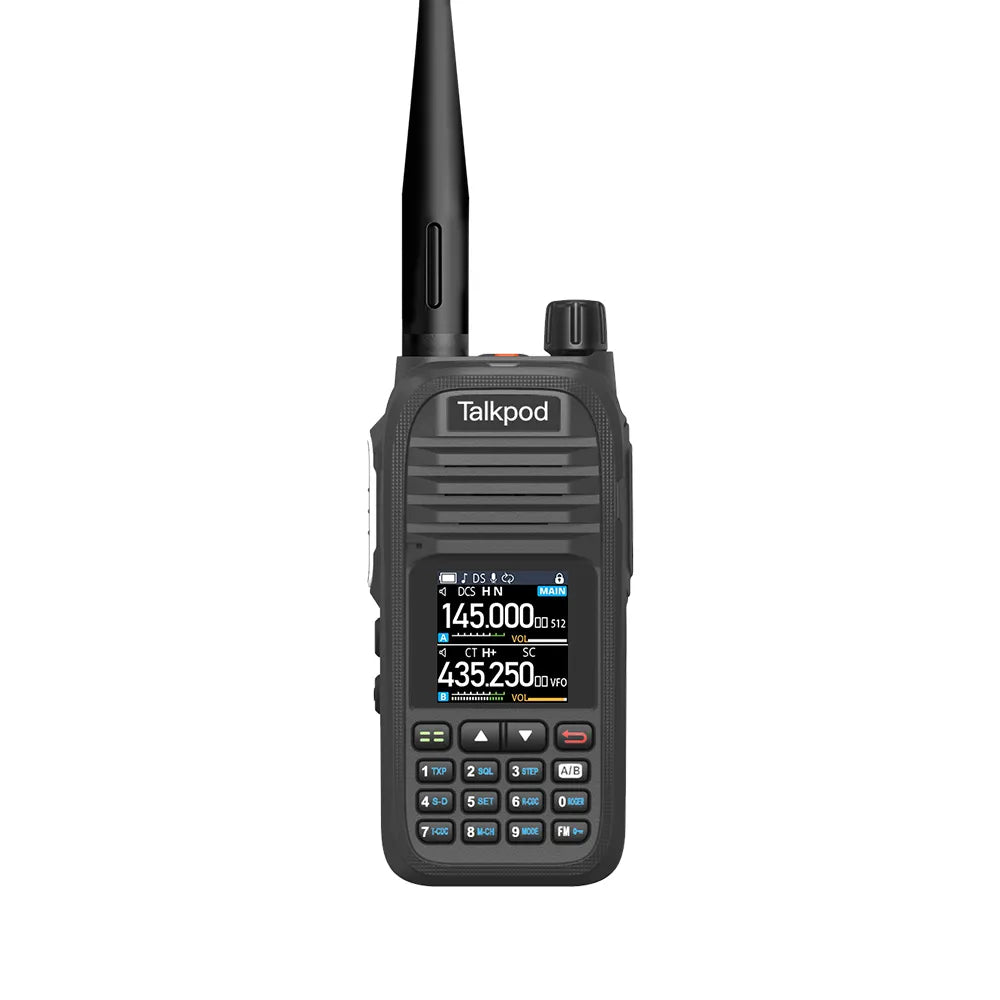
Leave a comment
All comments are moderated before being published.
This site is protected by hCaptcha and the hCaptcha Privacy Policy and Terms of Service apply.